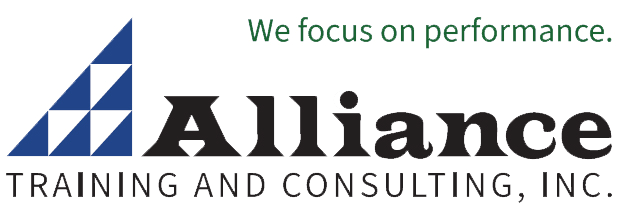Inventory Management: The Nuts & Bolts
 Courseware Includes:
Courseware Includes:
 Intellectual Property:
Intellectual Property:
Most companies carry too much inventory. “You can’t sell from an empty wagon,” is usually the reasoning. Being over-stocked means the company will likely not run out of anything. But what about the inventory that has celebrated a few birthdays in the warehouse? Has anyone stopped to calculate the true cost of worrying about “running out?”
The costs of maintaining excessive inventory usually far outweigh the true cost of not being able to quickly deliver a particular item to a customer once in a very long while. A balance must be struck between inventory levels and turnover. Good inventory managers know what stock moves at what rate. They carefully plan re-order levels to ensure that the chances of running out are minimized while the turnover rate is maximized.
How You Will Benefit:
- Understand terms that are frequently used in warehouse management
- Identify the goals and objectives of inventory management, and measure your process against these goals
- Calculate safety stock, reorder points, and order quantities
- Evaluate inventory management systems
- Identify the parts of the inventory cycle
- Better maintain inventory accuracy
What You Will Cover:
- What is inventory?
- Types of inventory
- Key players
- Setting up the warehouse
- What makes a good inventory management system?
- The warehouse inventory cycle
- Identifying demand
- Validating inventory
- The put-away and receiving process
- Maintaining inventory accuracy
- The outbound process
- Industry trends
Budgets and Managing Money
 Courseware Includes:
Courseware Includes:
 Intellectual Property:
Intellectual Property:
For managers in today’s business world, it’s essential to have a working knowledge of finance. We all play a role in our organization’s financial health, whether we realize it or not. If you do not have training or a background in finances, you may be at a disadvantage as you sit around the management table. Understanding the cycle of finance will help you figure out where you fit into your company’s financial structure, and how to keep your department out of the red. This workshop will familiarize you with the key concepts of finance and accounting and help you prepare budgets with more confidence.
How You Will Benefit:
- Assess the financial performance and health of your firm
- Enhance your decision-making skills by integrating financial management concepts into your thinking
- Assess various software applications for managing finances
- Control the flow of money through your department
- Understand the budgeting process and forecasting techniques
What You Will Cover:
- Your role in company finances
- Assets, liabilities and equity
- Accounts payable and receivable
- Understanding financial statements
- Budgeting and forecasting techniques
- Types of budgets
- Comparing software applications
- Tracking business expenses
- GAAP
- The human side of finances
- How to make good financial decisions
- Comparing investment opportunities
- ISO 9001:2000

